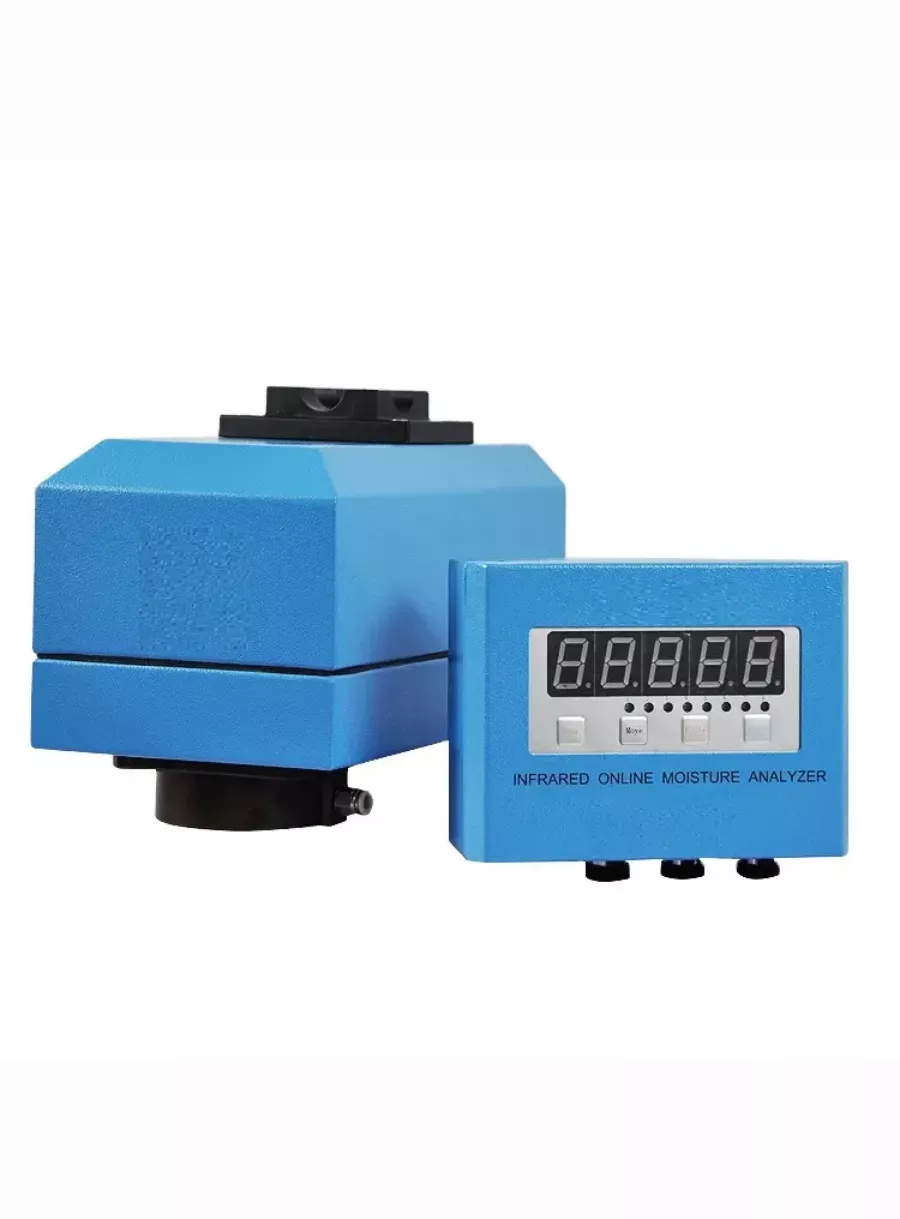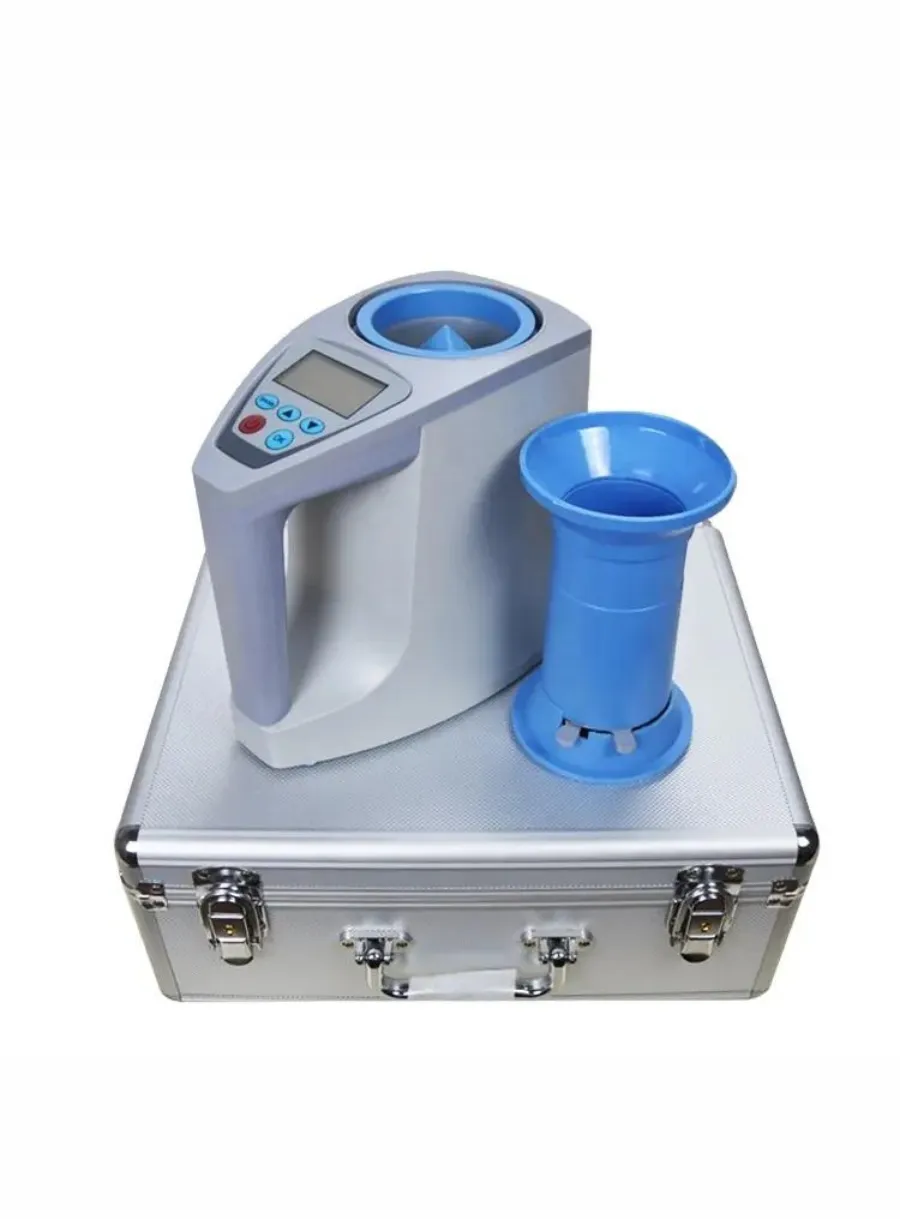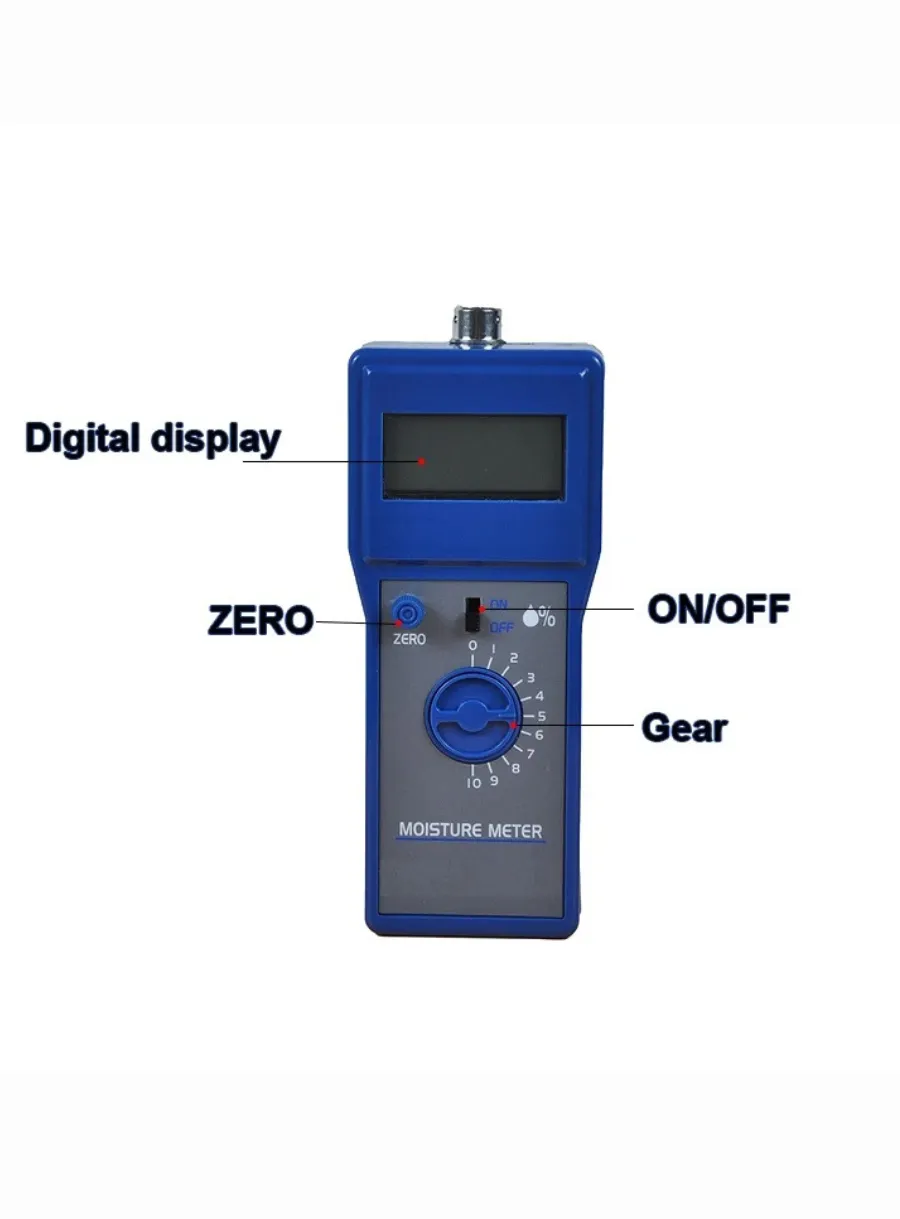
What is Moisture Meters for Dehydrated Food
Table of Contents
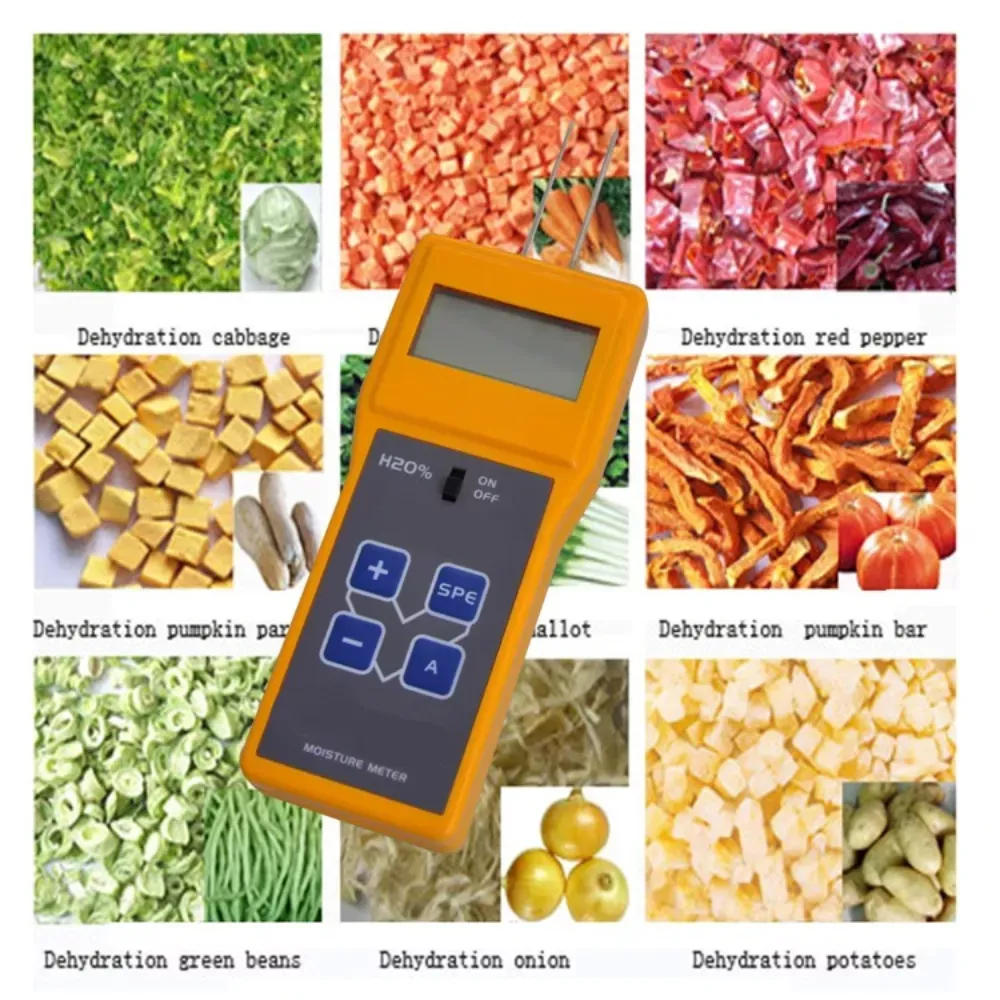
Moisture meters for dehydrated food are specialized instruments used to measure the moisture content in dried food products, playing a critical role in food quality control, preservation, and safety. These devices help manufacturers and consumers ensure that dehydrated foods, such as fruits, vegetables, and meats, have optimal moisture levels to prevent spoilage and maintain quality. The importance of accurate moisture measurement is underscored by its impact on shelf life, texture, and flavor, making these tools indispensable in both industrial and home settings.
There are various types of moisture meters available, each employing different sensing technologies, including infrared, pin-type, pinless, and sensor-based meters. Infrared moisture meters utilize thermal imaging to identify moisture patterns, while pin-type meters measure electrical resistance through metal pins inserted into the material. Pinless meters offer a non-invasive alternative, and sensor-based meters can provide quick, versatile readings tailored to specific applications.
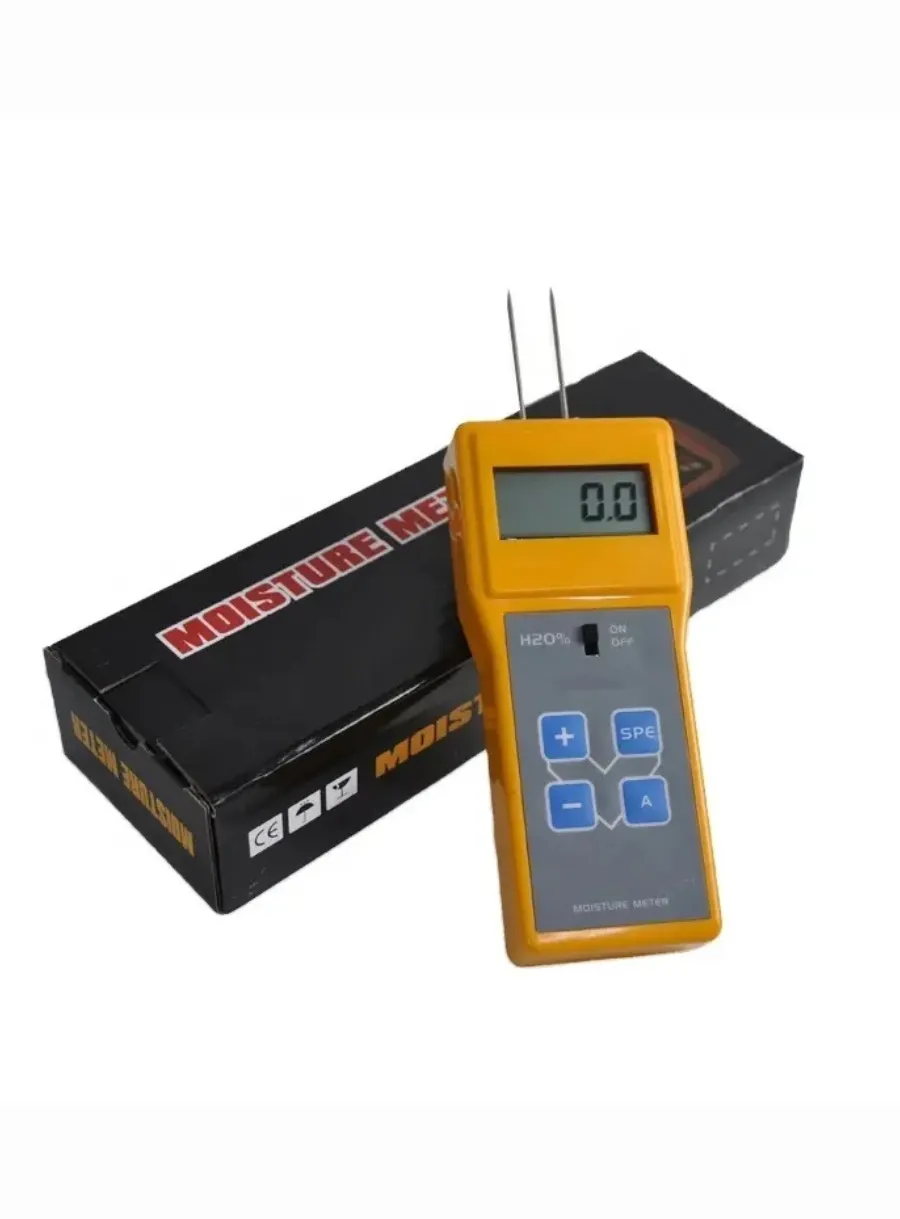
Understanding the distinctions among these devices is essential for selecting the appropriate tool for measuring moisture content in dehydrated foods. Despite their advantages, the use of moisture meters can be accompanied by challenges. High-quality moisture meters can be costly, and accurate operation often requires training and understanding of specific calibration protocols. Inaccurate readings resulting from improper use may compromise food quality and safety, raising concerns among producers and consumers alike. Additionally, factors such as material properties and environmental conditions can influence measurement accuracy, necessitating careful consideration during testing.
As the food industry evolves, advancements in moisture measurement technologies are anticipated. Innovations such as improved calibration techniques, artificial intelligence integration, and enhanced user interfaces are expected to increase the accuracy and usability of moisture meters. These developments reflect a growing focus on sustainability and data analytics, positioning moisture meters as vital tools for ensuring the quality and safety of dehydrated foods in an increasingly complex food landscape.
Comments
Tags
Frequently Asked Question
Moisture meters for dehydrated food are specialized instruments used to measure the moisture content in dried food products. They play a critical role in food quality control, preservation, and safety by ensuring optimal moisture levels to prevent spoilage and maintain quality.
There are several types of moisture meters, including infrared, pin-type, pinless, and sensor-based meters. Each type employs different sensing technologies to measure moisture content in dehydrated foods.
Challenges include the high cost of quality meters, the need for proper training and calibration, and the potential for inaccurate readings due to improper use or environmental factors. These issues can impact food quality and safety if not addressed properly.
Future innovations in moisture measurement technology are expected to include improved calibration techniques, artificial intelligence integration, and enhanced user interfaces. These advancements aim to increase the accuracy and usability of moisture meters in the food industry.

